Porsche will end the life of the petrol-powered Macan around mid-2026, after halting production in most European markets due to the failure to meet the cybersecurity requirements of the General Safety Regulation (GSR2), which comes into effect in July 2024. The last combustion-engined Macan will roll off the assembly line by that date, CFO Jochen Breckner said during the third-quarter earnings call. Current inventory could help sustain sales in some non-European markets until 2027.
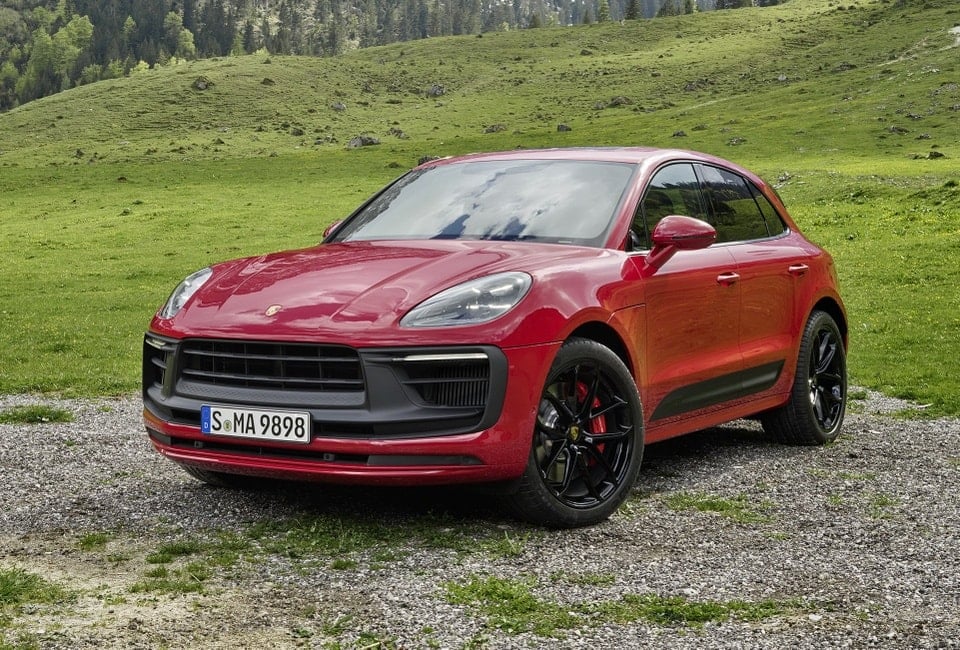
Why the petrol Macan stopped and the role of the GSR2
According to Motor1, the first-generation Macan will soon be phased out of the global product portfolio. Previously, Porsche was forced to stop selling the gasoline-powered Macan in most of Europe because the SUV did not meet the new cybersecurity requirements under GSR2. This is a systemic legal barrier that forces automakers to make deep upgrades to the electrical-electronic architecture, security, and software update capabilities.
The global production stoppage in mid-2026 therefore marks the end of the current Macan platform’s lifecycle. In its 12 years on the market, around one million Macans have been produced, including the all-electric variant.
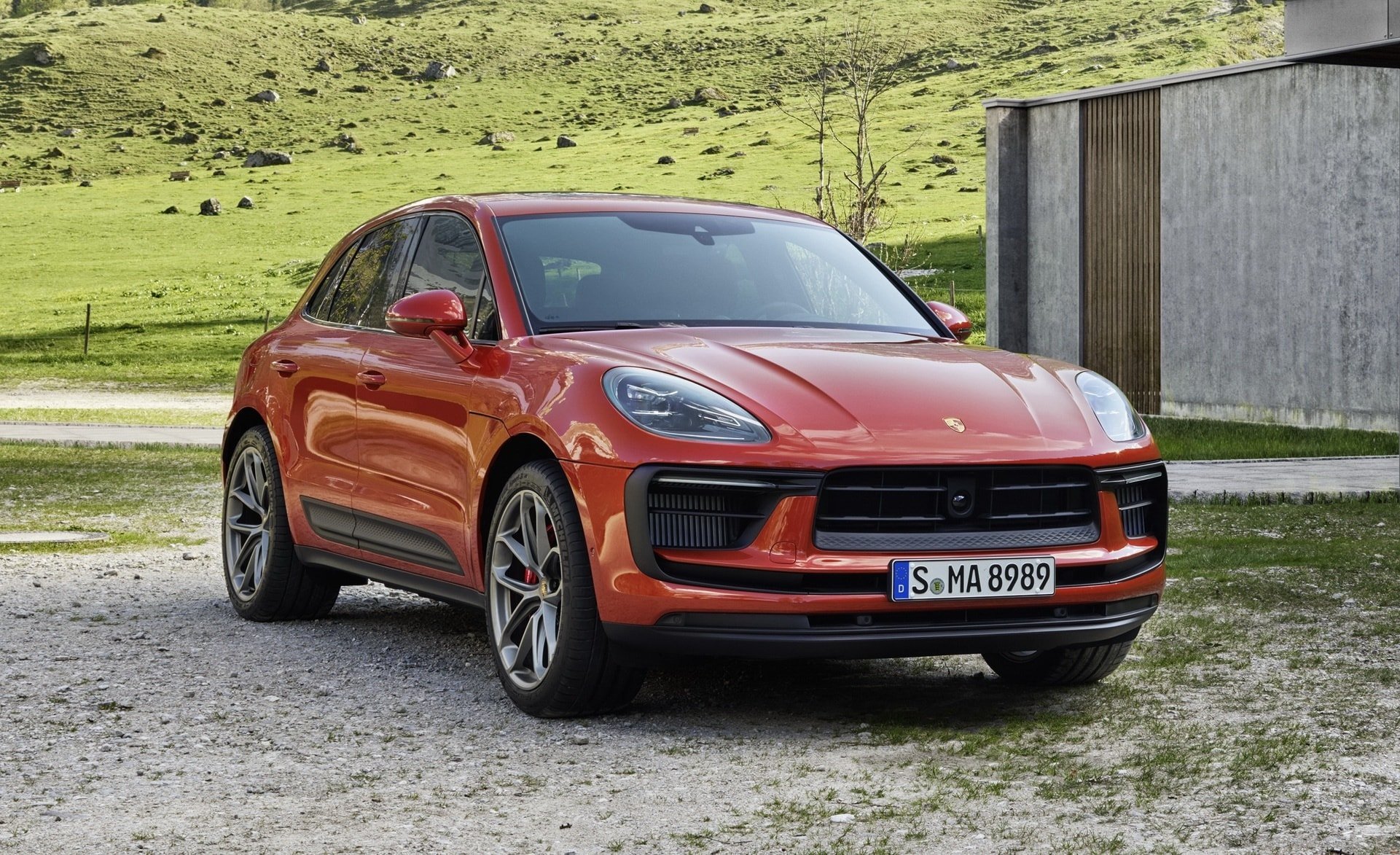
Macan: sales pillars and profit picture
In 2023, the Macan was Porsche's second-best-selling model with 87,355 units, just 198 fewer than the Cayenne. According to Motor1, although the Macan's profit margin cannot be compared to the 911, the sales scale of tens of thousands of cars per year still makes this small SUV an important source of revenue in the German sports car company's structure.
That contribution underscores the impact of the petrol Macan in the transition period: both maintaining liquidity and creating a cushion for Porsche to push its electric vehicle portfolio without losing traditional customers immediately.
Macan name reserved for EV; new direction for replacement
Porsche said that in the future, the Macan name will only be associated with the pure electric variant. Initially, the company assumed that users would automatically switch to the Macan EV, so there were no plans to replace the pure gasoline variant. However, Porsche later realized that there was significant demand for an internal combustion engine SUV to sit below the Cayenne, at a more accessible price.
Former CEO Oliver Blume has confirmed that a petrol-powered Macan replacement is in the works, due around 2028, with both pure petrol and hybrid versions. Porsche says the new model will benefit from synergies within the Volkswagen Group, hinting at the possibility of sharing its technical underpinnings with the next-generation Audi Q5, which will use the Premium Platform Combustion (PPC) architecture. This is a similar approach to the current-generation Macan, which is based on the MLB platform of the previous Audi Q5.
Notably, the new SUV is described as a typical Porsche for the segment and completely different from the Macan EV. This shows that Porsche separates two product trajectories: the Macan EV plays the role of an electrification icon, while the new ICE/hybrid model is optimized for customers who do not want to switch to electric cars.
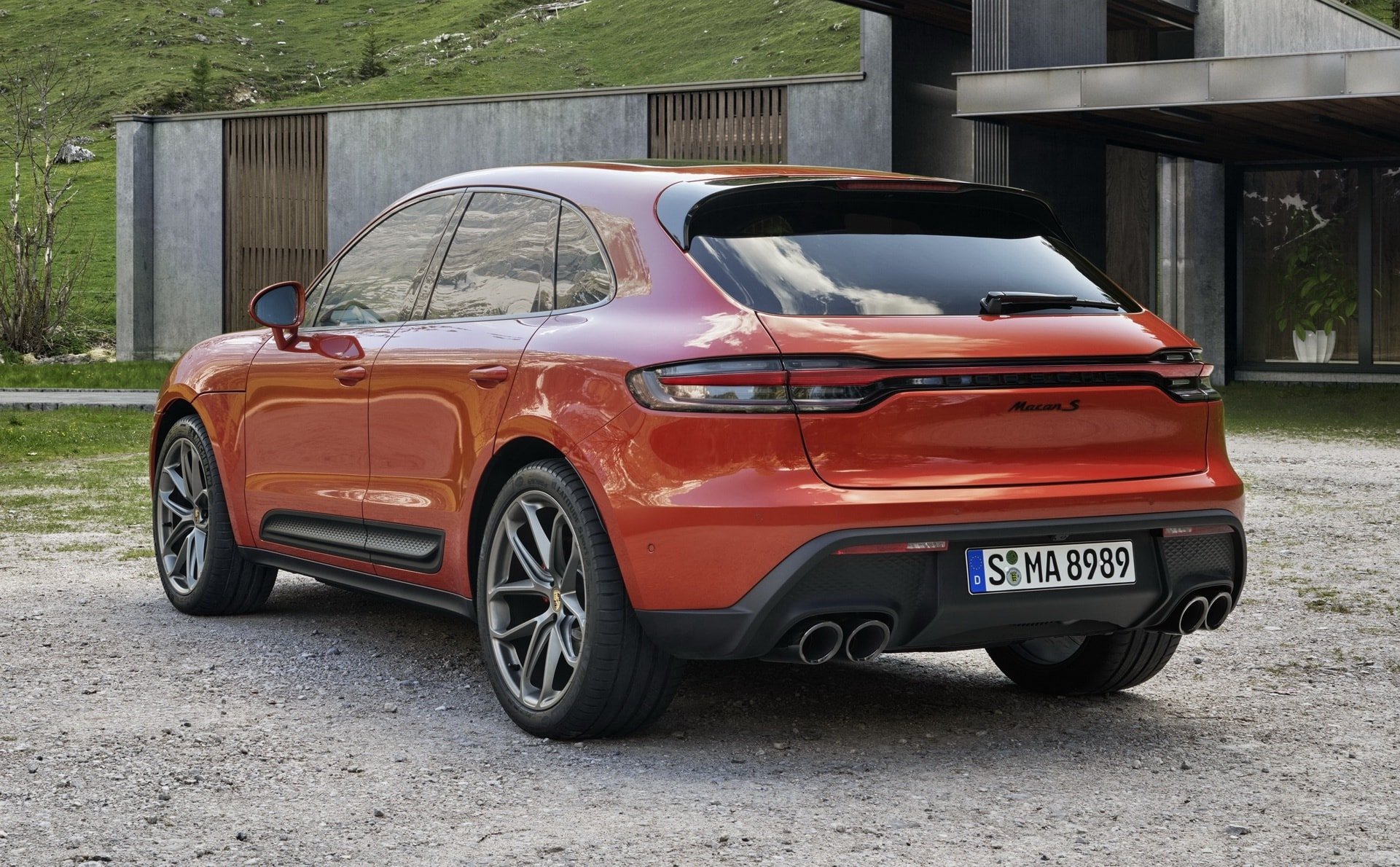
The 2026–2028 gap and the market problem
With the petrol Macan retiring in 2026 and its replacement slated for 2028, Porsche will have a gap of about two years in one of its most important segments, according to Motor1. In the meantime, the inventory could help maintain a presence in some markets outside Europe until 2027, something CFO Jochen Breckner didn’t rule out.
In the opposite direction, keeping the Macan name for the pure electric variant will help Porsche focus on the electrification message, avoiding image overlap between the two transmission technologies.
From a technical perspective: PPC and internal resonance
The hint of sharing the PPC architecture with the next-generation Audi Q5 shows Porsche taking full advantage of platform synergies within the group: sharing electrical and electronic systems, chassis architectures and supply chains to achieve cost and development time efficiencies. This model has been proven effective on the current Macan with MLB platform, and allows Porsche to fine-tune its performance characteristics to its own standards without investing in a completely independent architecture.
From a product perspective, PPC opens up a flexible configuration range for both pure petrol and hybrid variants, suitable for a transition period where regulatory requirements and market preferences differ across regions.
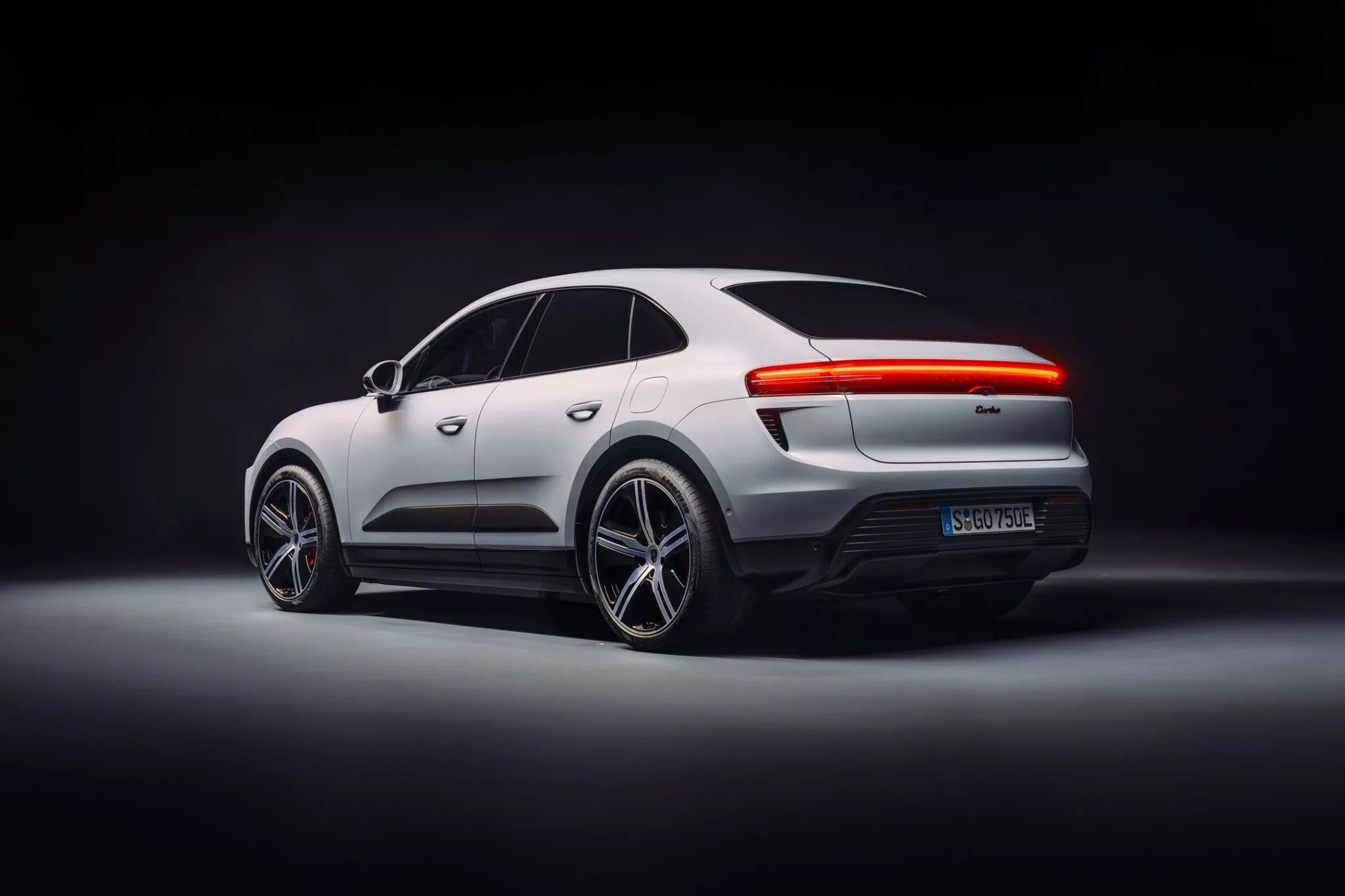
Key milestones and notable numbers
| Mold | Information |
|---|---|
| Cumulative output | Approximately 1,000,000 vehicles in 12 years (including the all-electric Macan) |
| Europe | Suspend most markets from GSR2 taking effect in July 2024 due to failure to meet cybersecurity requirements |
| End of production | The last petrol-powered Macans will roll off the production line around mid-2026 (according to CFO Jochen Breckner) |
| Sales 2023 | 87,355 cars, only 198 cars less than Cayenne |
| Alternative plan | New petrol/hybrid SUV expected to launch in 2028; may share PPC platform with next-gen Audi Q5 |
| Name | The future Macan will only be available with a pure electric variant. |
Conclude
The petrol-powered Macan will end its historic run in mid-2026, marking a major shift in Porsche’s electrification strategy. The decision comes amid tighter cybersecurity requirements under the GSR2 regulation and the growing trend towards shared platforms within the Volkswagen Group. In the short term, the 2026–2028 gap poses a portfolio challenge; in the medium term, separating the Macan name for EVs and developing a new ICE/hybrid SUV on the PPC platform promises to help Porsche maintain product coverage while preserving its technological positioning.
In addition, the one millionth Macan to roll off the production line was a Macan 4 Electric in Frozen Blue Metallic.
Source: https://baonghean.vn/porsche-macan-chay-xang-loi-chia-tay-va-buoc-chuyen-2026-10309779.html





![[Photo] Da Nang: Water gradually recedes, local authorities take advantage of the cleanup](https://vphoto.vietnam.vn/thumb/1200x675/vietnam/resource/IMAGE/2025/10/31/1761897188943_ndo_tr_2-jpg.webp)







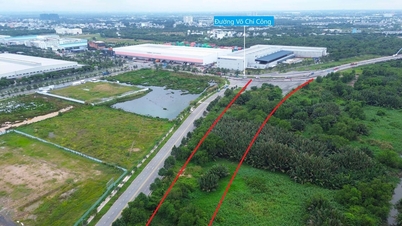

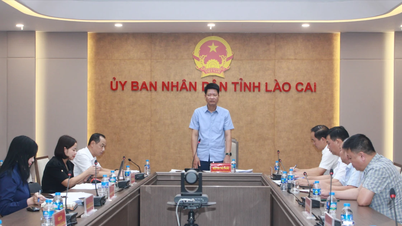





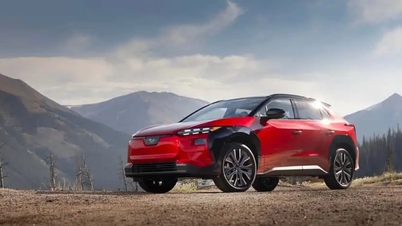
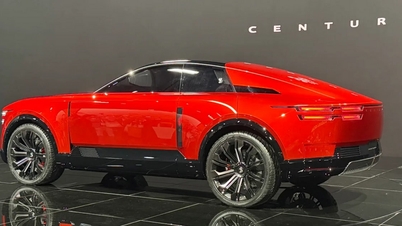


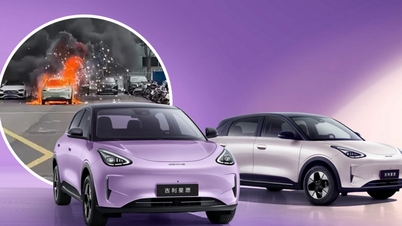
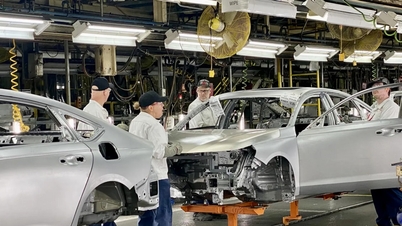







































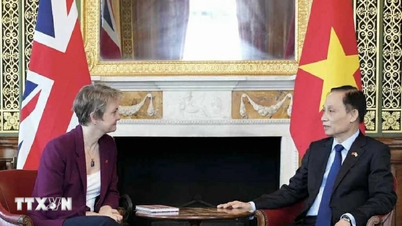
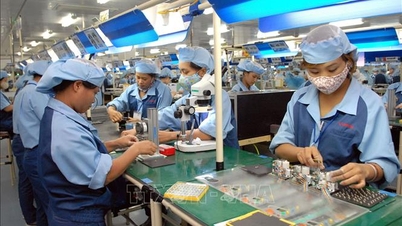

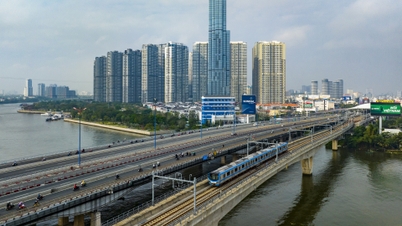
































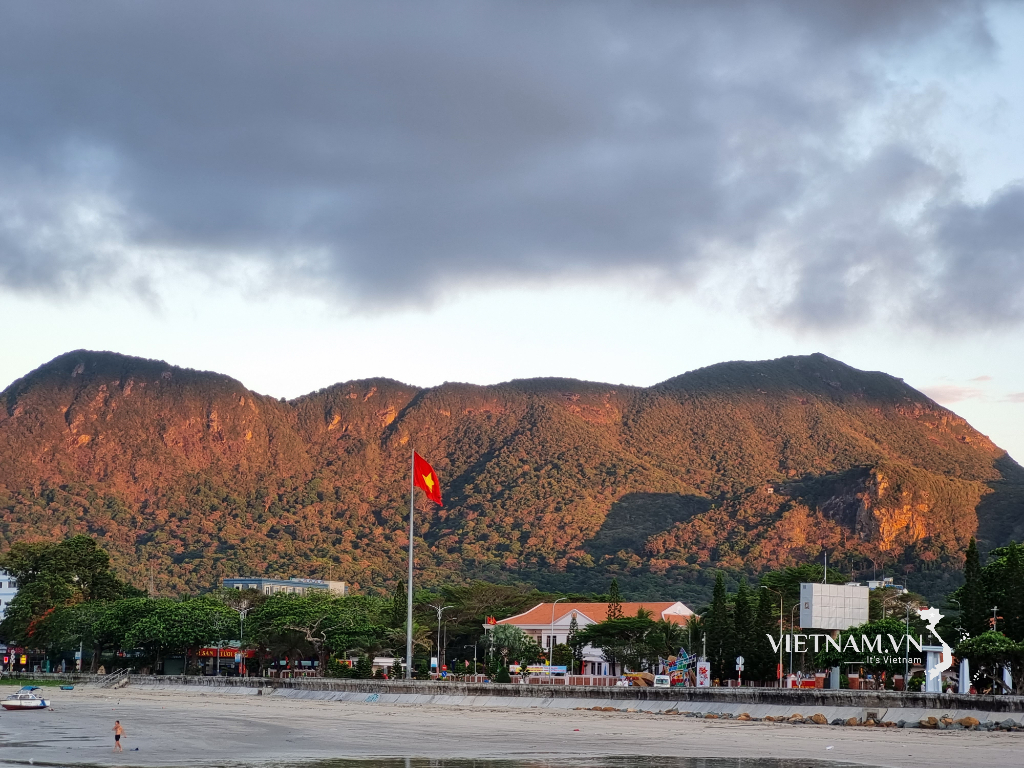

Comment (0)